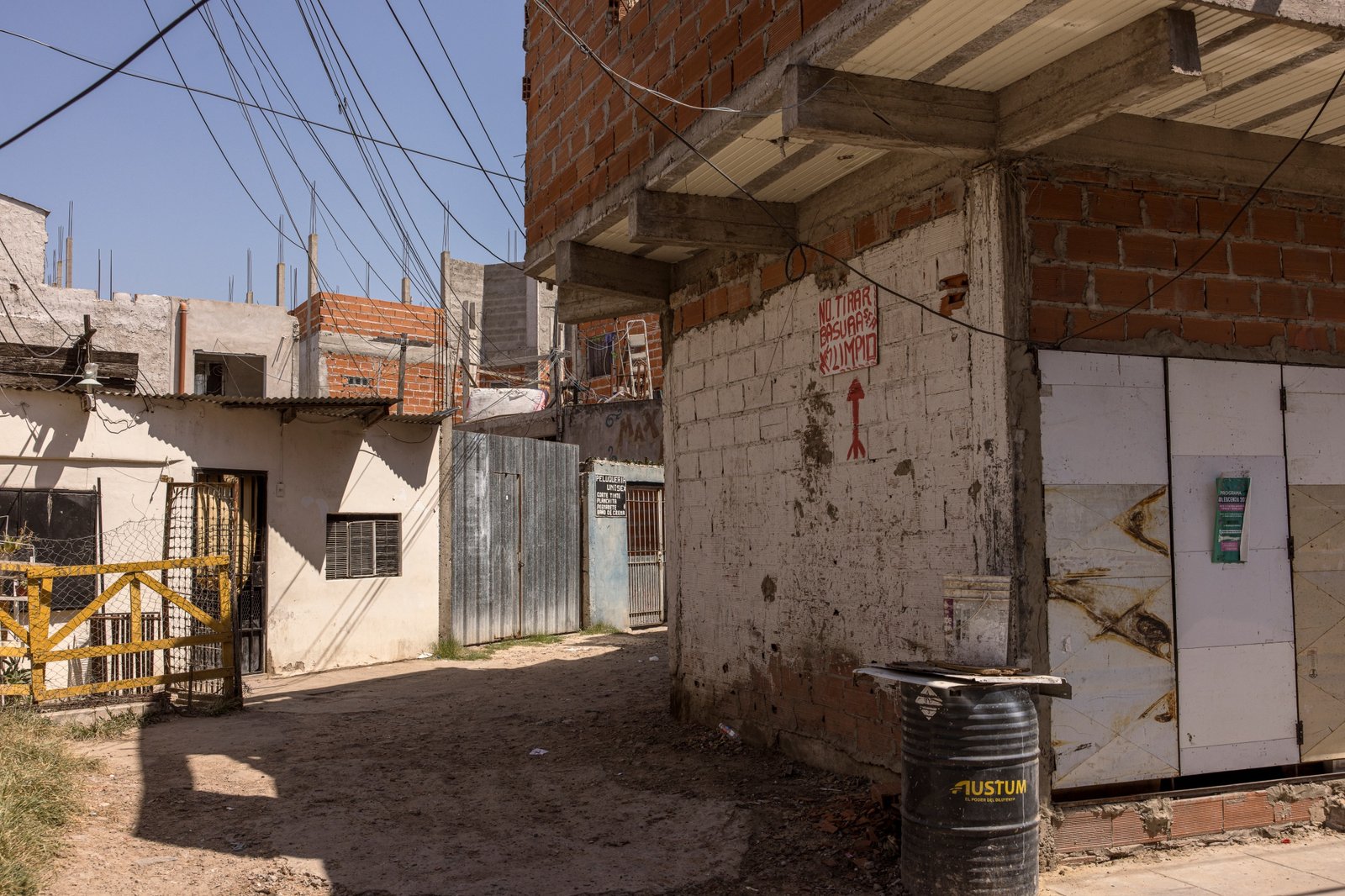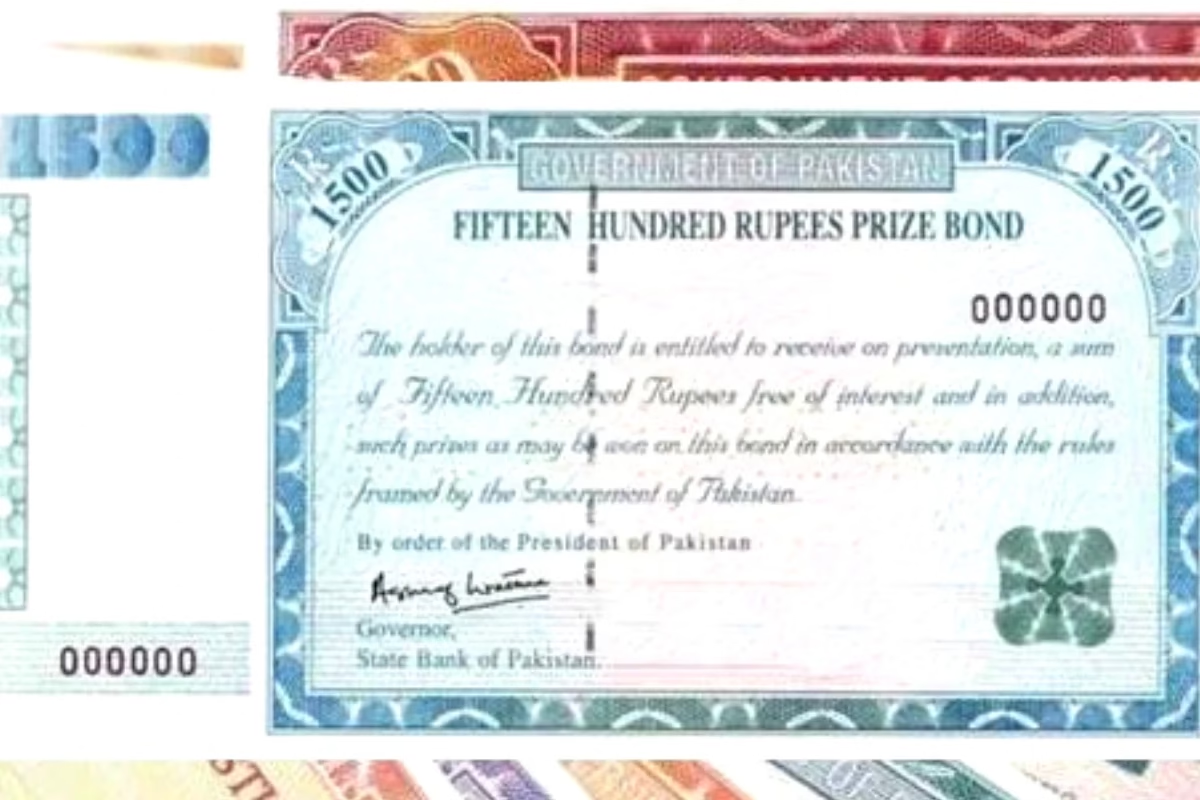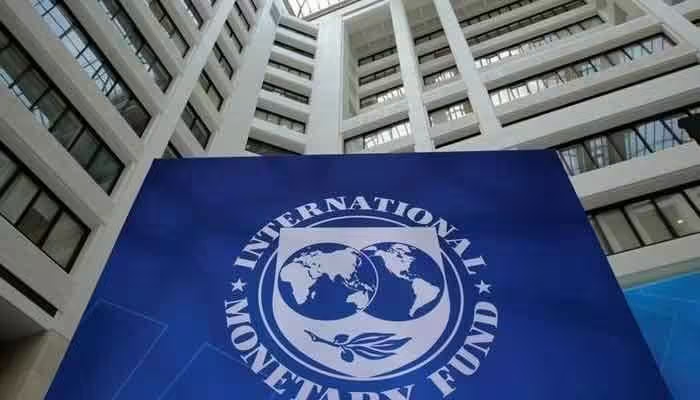Argentina’s poverty rate surpassed 57%, heightening the struggles of millions like Debora Blanco, a mother of eight living on the outskirts of Buenos Aires. Blanco, residing without basic amenities, faces food shortages amid triple-digit inflation and a sharp peso devaluation.
Libertarian President Javier Milei’s aggressive austerity measures aim to tackle a deep deficit and rein in inflation exceeding 250%. His plans include reducing government size, cutting fuel and transport subsidies, closing state institutions, and auditing welfare schemes.
While Milei insists on the necessity of these reforms, they have triggered protests against spending cuts, with strikes becoming routine. Critics argue that the poor, already grappling with food insecurity, cannot afford the prolonged implementation of austerity measures.
Milei pledges a fiscal balance this year, drawing support from markets and the International Monetary Fund (IMF). However, NGOs distributing food aid to the poor report reduced supplies, adding to the challenges faced by vulnerable communities.
The government emphasizes the overhaul of welfare systems to improve transparency while safeguarding the most vulnerable. Social unrest and poverty pose significant threats to Milei’s governability, despite IMF approval of his fiscal tightening efforts.
As Argentina hopes for an economic recovery based on rising grain output, concerns persist over the weakening social safety net and the potential for widespread hardship. The current situation, marked by hunger and chronic impoverishment, underscores the delicate balance between necessary reforms and the well-being of the nation’s most vulnerable citizens.



